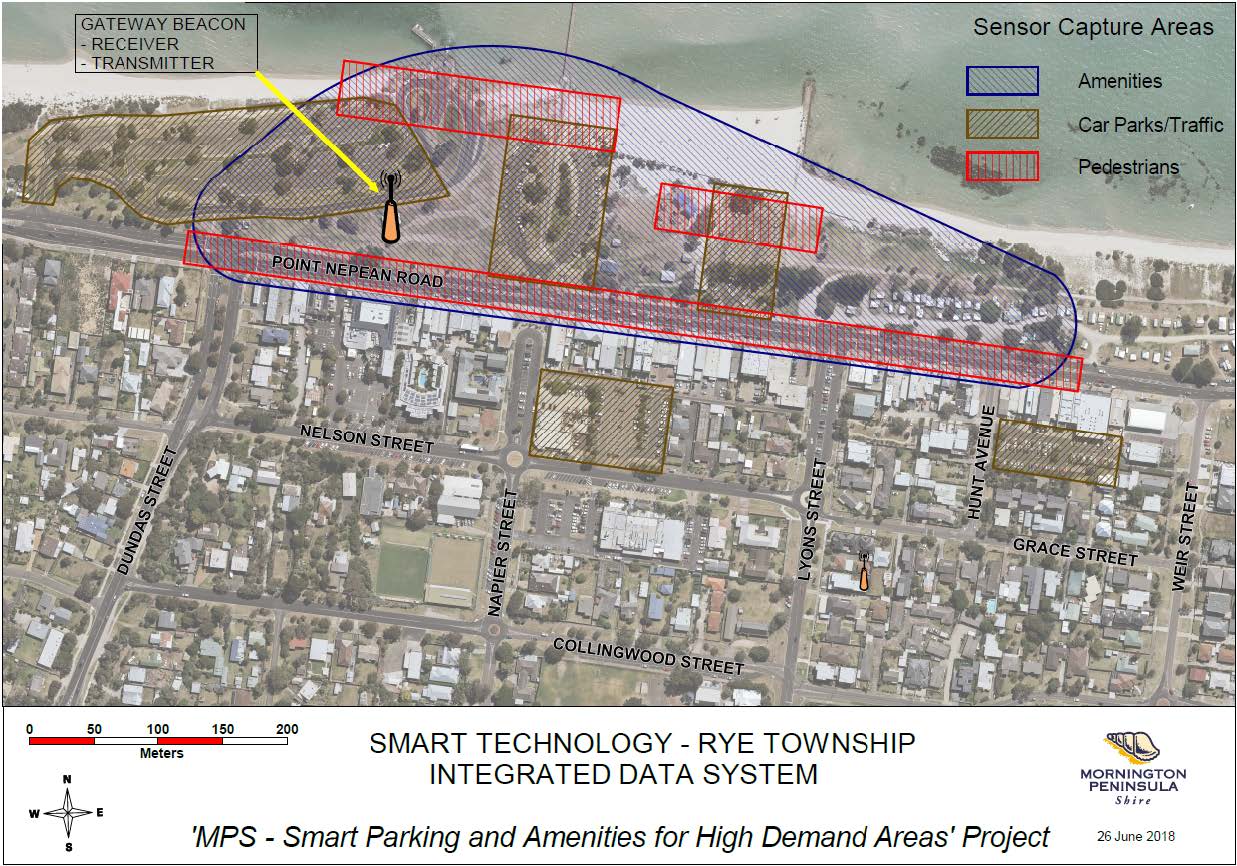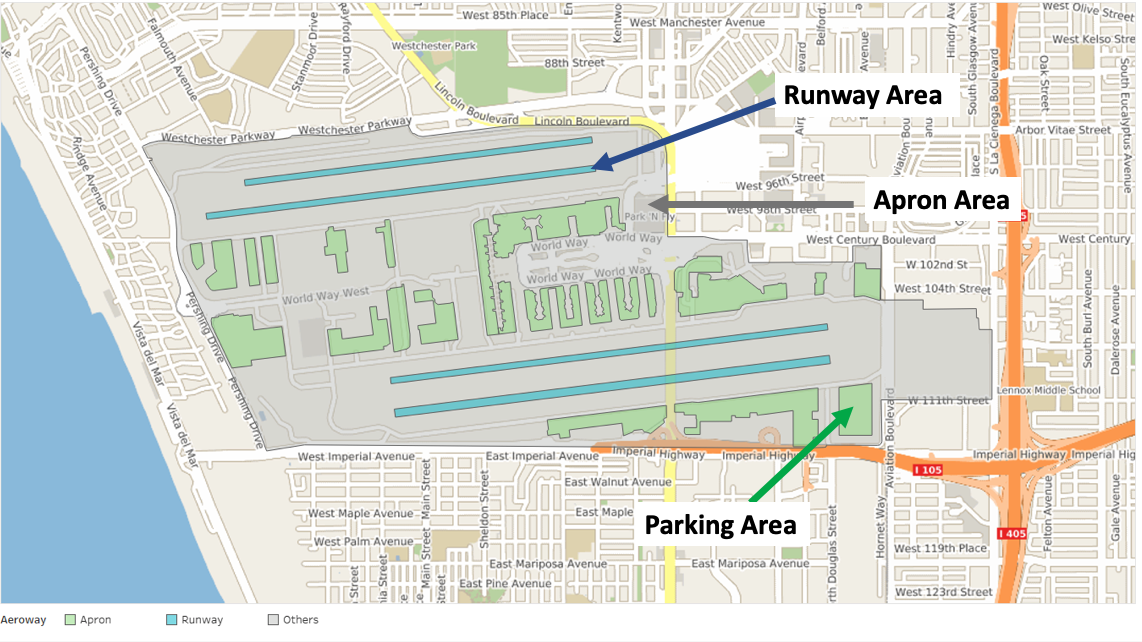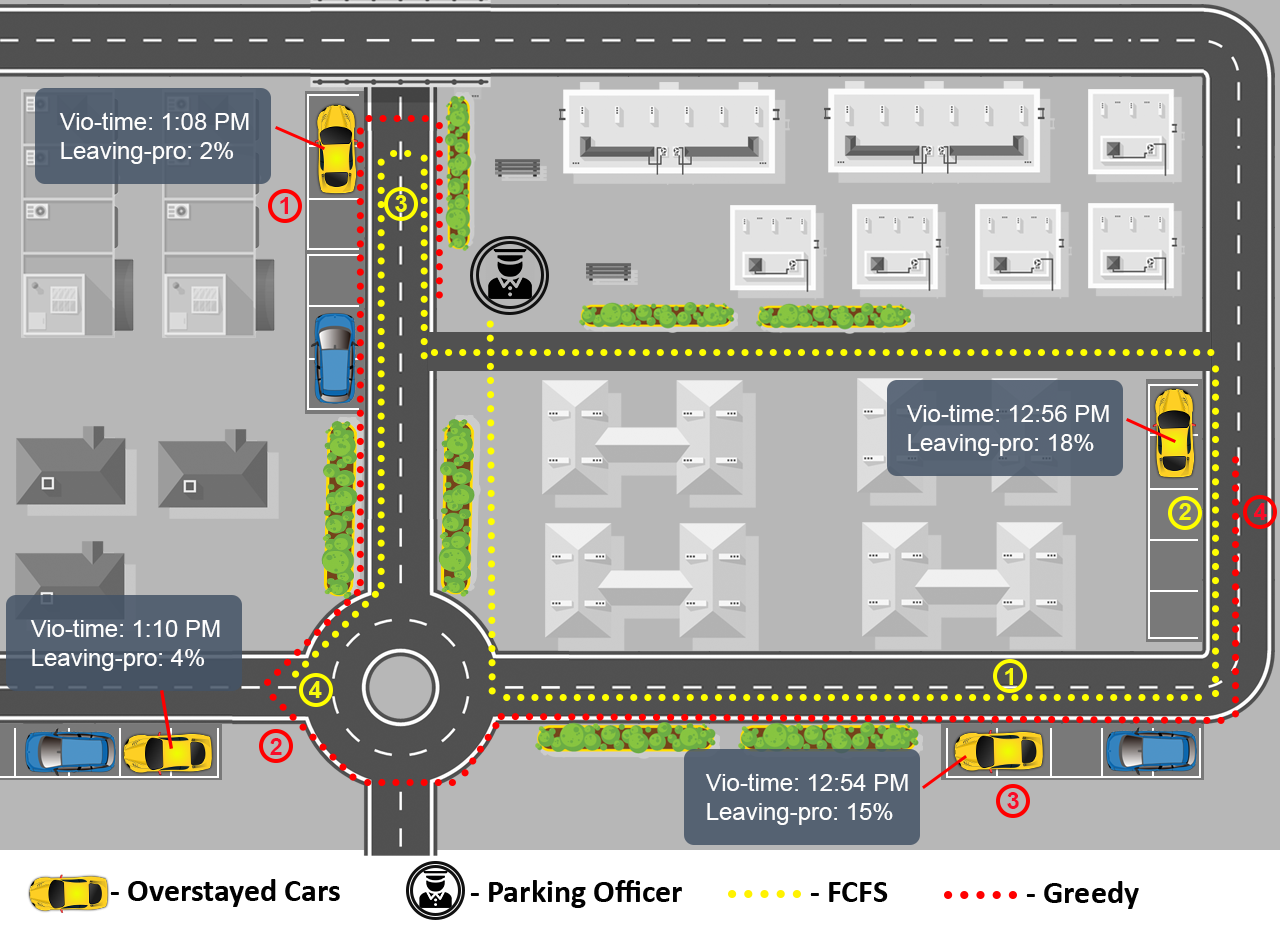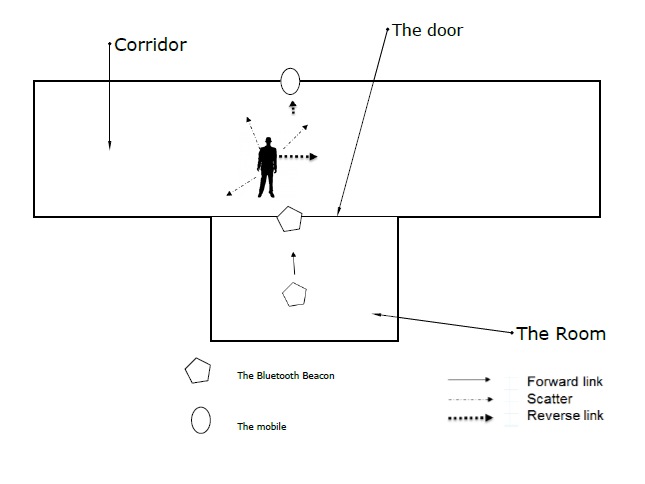Mornington Smarter Cities and Suburbs Project (SCSP) project
The Mornington Peninsula Shire (MPS) has developed a Smart Technology project to address growing demand on parking and amenity facilities in towns particularly with high tourist attraction. There is an increasing pressure to understand the volume of pedestrians, public transport users, and road users (in particular, private vehicle drivers) throughout the major townships in MPS and meet the increasing demand . The ability to model future scenarios will provide a basis to plan infrastructure, provide better routing recommendations, and to assist the planning of events throughout the Shire. The targeted parking and amenities in the high demand towns have varying operations that need specific sensor types to provide the required data. Consequently, the sensors will require the development and implementation of a tailored system to gather the data and provide information for the community, visitors, Council service teams and planners. This project allows the Shire to demonstrate the use of smart technologies to improve liveability of busy towns and to enable informed decision making. 



